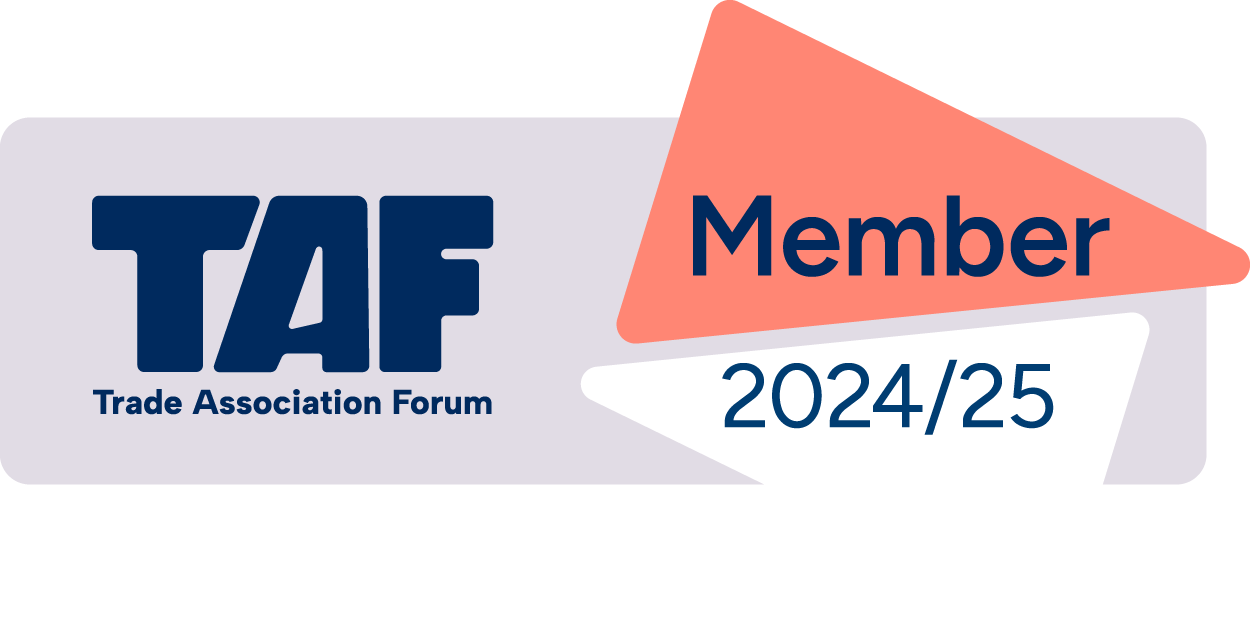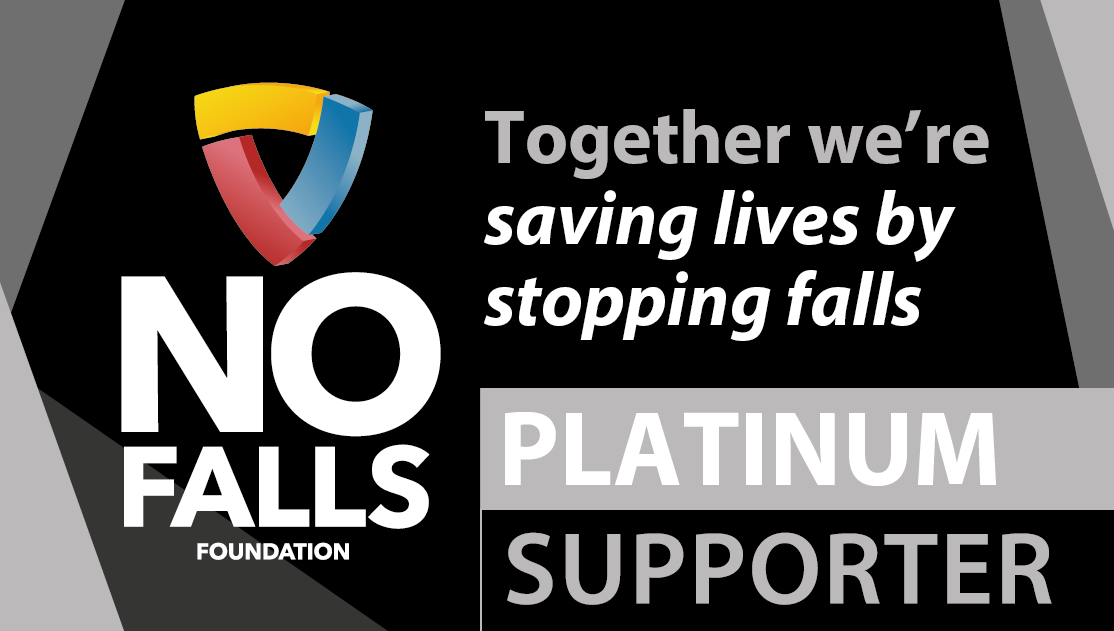PRESS RELEASE – 17 May 2024
Consumers at higher risk when buying telescopic ladders from online platforms
Latest research commissioned by the Ladder Association has highlighted the increased risk of accidents for consumers who buy telescopic ladders from online platforms as opposed to physical stores.
The market research study, funded by the Office for Product Safety and Standards (OPSS) as part of the Ladder Association’s ongoing ‘Step Up to Safe Ladders’ campaign, found that consumers were up to twice as likely to have an accident after buying telescopic ladders online from Amazon or eBay than those who bought from dedicated DIY retailers such as B&Q, Screwfix, Toolstation and Wickes.
The study also found nearly two thirds (62%) of respondents did not consider product safety or reference to quality marks as one of their top 3 priorities when making their purchasing decision. Instead, an even higher proportion (68%) put price as one of their top 3 priorities, with almost one third of those (29%) buying telescopic ladders on price alone.
With little consideration for product safety during the buying process, it may come as no surprise that almost half of those surveyed (47%) carried out no checks whatsoever before making their purchase. Over one third of those (36%) said they ‘didn’t feel they needed to’ or ‘it didn’t even cross my mind’. This reflects an inherent trust in the product safety system to protect them, and a lack of awareness of the availability of substandard ladders on the UK market today, particularly online.1
Online marketplaces have surged in popularity in recent years and are used by 9 in 10 adults who use the internet2 and indeed in this study, 1 in 3 people bought their telescopic ladder from an online marketplace.
While the exact cause of the accidents reported in this study is unknown, it is known that online marketplaces selling products supplied by third-party sellers, have no responsibility for preventing unsafe goods being sold on their platforms, and no legal obligation to inform consumers if they have purchased unsafe goods. These platforms have also become increasingly popular with people who sell from home rather than business premises, or from overseas, both of which present challenges for regulators to investigate or take enforcement action.
The Ladder Association’s earlier telescopic ladder market surveillance study found that 80% of the ladders tested, the majority of which were bought from online stores and marketplaces, did not meet the minimum safety requirements of the product standard (EN 131-6) designed to keep users safe.3
Subsequent re-testing found all telescopic ladders in the sample that were bought from Amazon or eBay again failed the safety tests, were non-compliant and dangerous. Worse still, some manufacturers of these unsafe products consciously misled consumers by claiming they did meet the product standard.4
Peter Bennett OBE, Executive Director of the Ladder Association, commented: “Our latest study has shown a distinct correlation between buying from online platforms and accident rate. While we don’t know the exact cause of the accidents reported in this study, we are very much aware of below-standard telescopic ladders being sold via online platforms to unsuspecting consumers.
“Working at height can be risky enough, without the additional danger of unsafe equipment – every 11 minutes in the UK, someone attends A&E after sustaining an injury involving a ladder.5 A fall from height can cause life changing injury, and in some cases, can even be fatal.
“The Ladder Association continues to call for urgent action from the UK Government to make regulatory changes to hold online platforms accountable for ensuring the products they sell are compliant and safe to use. It’s easy to assume that ladders being sold from a recognisable site or store are ‘trustworthy’ and these marketplaces would only sell tried and tested products, but sadly this is not always the case. We’re urging people to take extra care when buying ladders online – do your research; read the reviews and when you get it, check the ladder itself, along with all instruction manuals and labels. And if you think the ladder is unsafe or dangerous don’t use it!”
The Ladder Association is the voice of the industry and promotes the highest standards and competence, while working with major bodies including the Office for Product Safety and Standards and the Health and Safety Executive. The Association harnesses its own expertise along with that of its member companies to support technical excellence, safety and best practice in the interests of ladder users everywhere. All Ladder Association members are required to make or supply ladders that meet the current product standard.
For more information on ‘Step Up to Safe Ladders’ and to view all the reports relating to the campaign, visit www.ladderassociation.org.uk/step-up
Sources:
1 Ladder Association ‘Step Up to Safe Ladders’ market surveillance studies – https://ladderassociation.org.uk/step-up/
2 Office for National Statistics – Retail sales, Great Britain: June 2023
3 Ladder Association Telescopic Ladder Surveillance Survey, Ver 1, Rev 0, May 2022 – https://ladderassociation.org.uk/wp-content/uploads/2022/05/Telescopic-Ladder-Surveillance-Survey-Report-Version-1-Revision-0-May-2022.pdf
4 Ladder Association ‘It’s Time To Step In’ – Telescopic Ladder Surveillance Report, Ver 1, Rev 0, April 2023 – https://ladderassociation.org.uk/wp-content/uploads/2023/04/Phase-2-Step-In-Telescopic-Ladder-Surveillance-Survey-Report-Version-1-Revision-0-April-2023.pdf
5 National Audit Office – Protecting consumers from unsafe products https://www.nao.org.uk/wp-content/uploads/2021/02/Protecting-consumers-from-unsafe-products.pdf
ENDS
For more information, please contact:
marketing@ladderassociation.org.uk
Notes to Editors
- Founded in 1947, the Ladder Association is the not-for-profit lead industry body dedicated to promoting the safe use of portable ladders.
- Members include manufacturers, rental companies and training providers. Separately, these businesses innovate and compete. But when it comes to advancing user safety, they all work together.
- Membership of the Ladder Association shows clear commitment to adhere to the Ladder Association Code of Practice which puts safety at the heart of everything members do.
- The Ladder Association works closely with a number of organisations to support codes of good practice, minimum standards for equipment, trained and qualified operatives and education in the work at height sector. These include the Health & Safety Executive (HSE), the Office for Product Safety and Standards (OPSS), the British Standards Institution (BSI) and other National Standards Bodies, the Access Industry Forum (AIF), the No Falls Foundation, and the Royal Society for the Prevention of Accidents (RoSPA).








